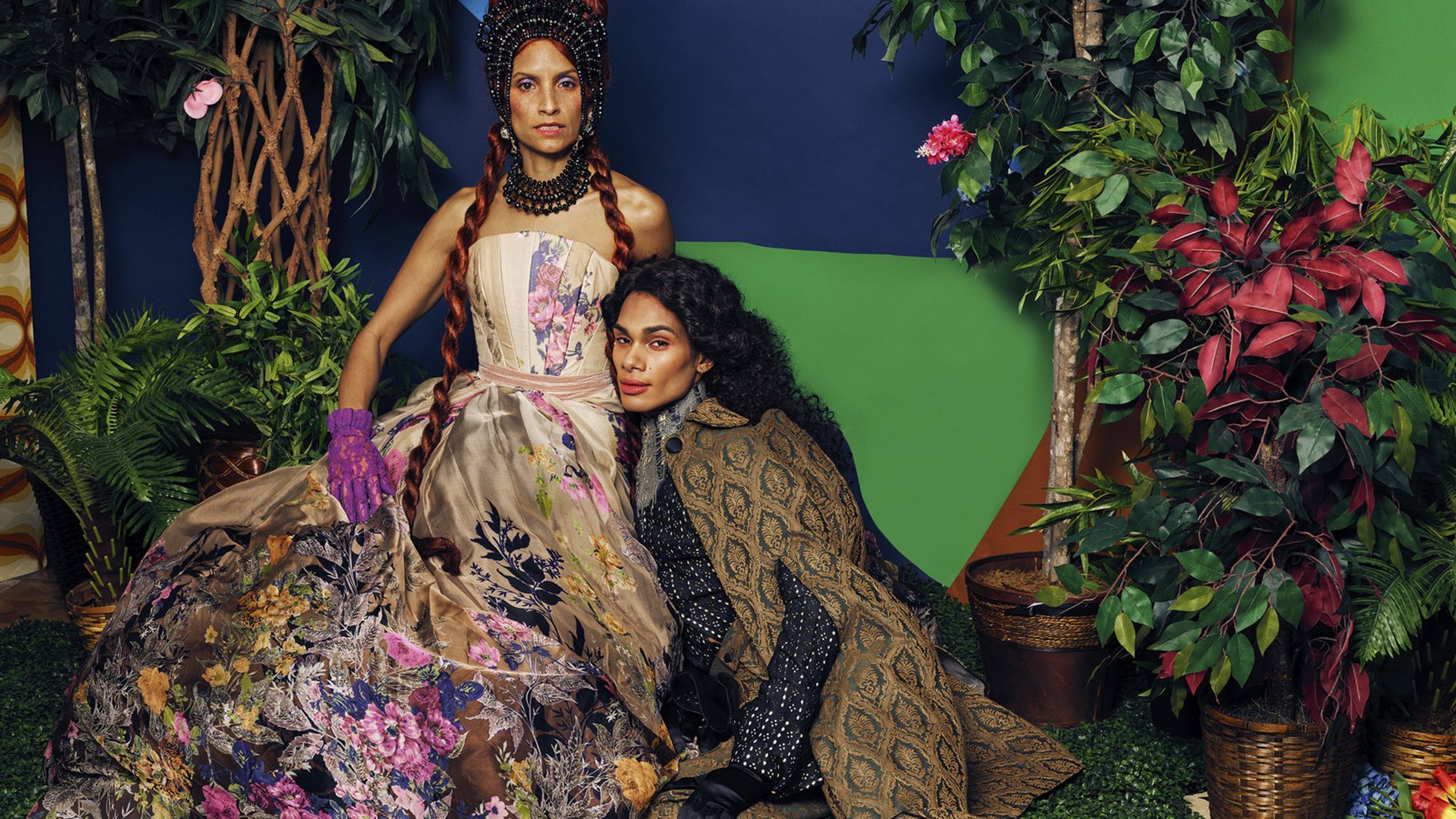Today, social media and the proliferation of images in modern culture has been linked to everything from memory impairment to anxiety and depression.
But for many LGBTQ, non-binary and gender-fluid artists, photography remains a charged cultural and political tool, a way to document a past and present, while guaranteeing a future.
“Recording our existence is crucial. How do you know that you exist without representation?” said multimedia artist, activist, and “Transparent” producer Zackary Drucker over the phone from LA. “We owe it to each other to create representations so there’s never any question about our presence.”
Drucker is one of 11 artists featured in “Orlando,” a photography exhibition at New York’s Aperture Foundation, guest-curated by actress Tilda Swinton. Harking back to the 1929 Virginia Woolf novel “Orlando,” whose main character goes to sleep a man and wakes up a woman, the exhibition features some of the most captivating LGBTQ image-makers working today.
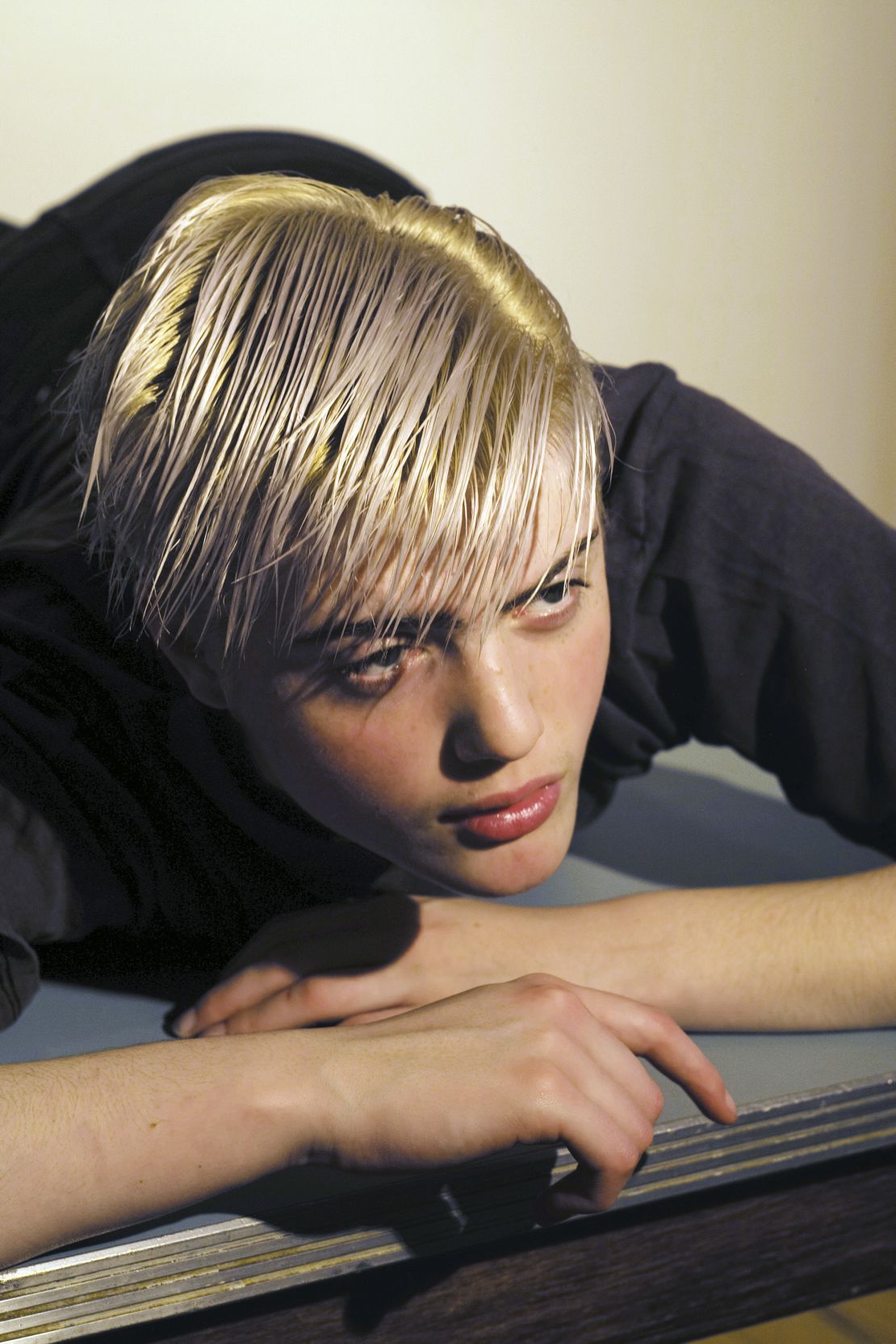
Among the works on show are Bronx-born, Puerto Rican photographer Elle Pérez’s pop chiaroscuro portraits (a technique that produces bold contrasts between light and shadow) of a friend who has undergone facial feminization surgery; Collier Schorr’s compelling series documenting model Casil McArthur’s female-to-male transition; and a lush reimagining of Woolf’s 17th century poet Orlando and his admirer, Queen Elizabeth I, as black women, by African-American artist Mickalene Thomas.
Aperture Foundation executive director Chris Boot, considers the exhibition a journey into “limitlessness.”
“It is about living beyond social conventions and having the facility to transform the narrative of yourself and engage with the world with a free spirit,” he said over the phone from New York.
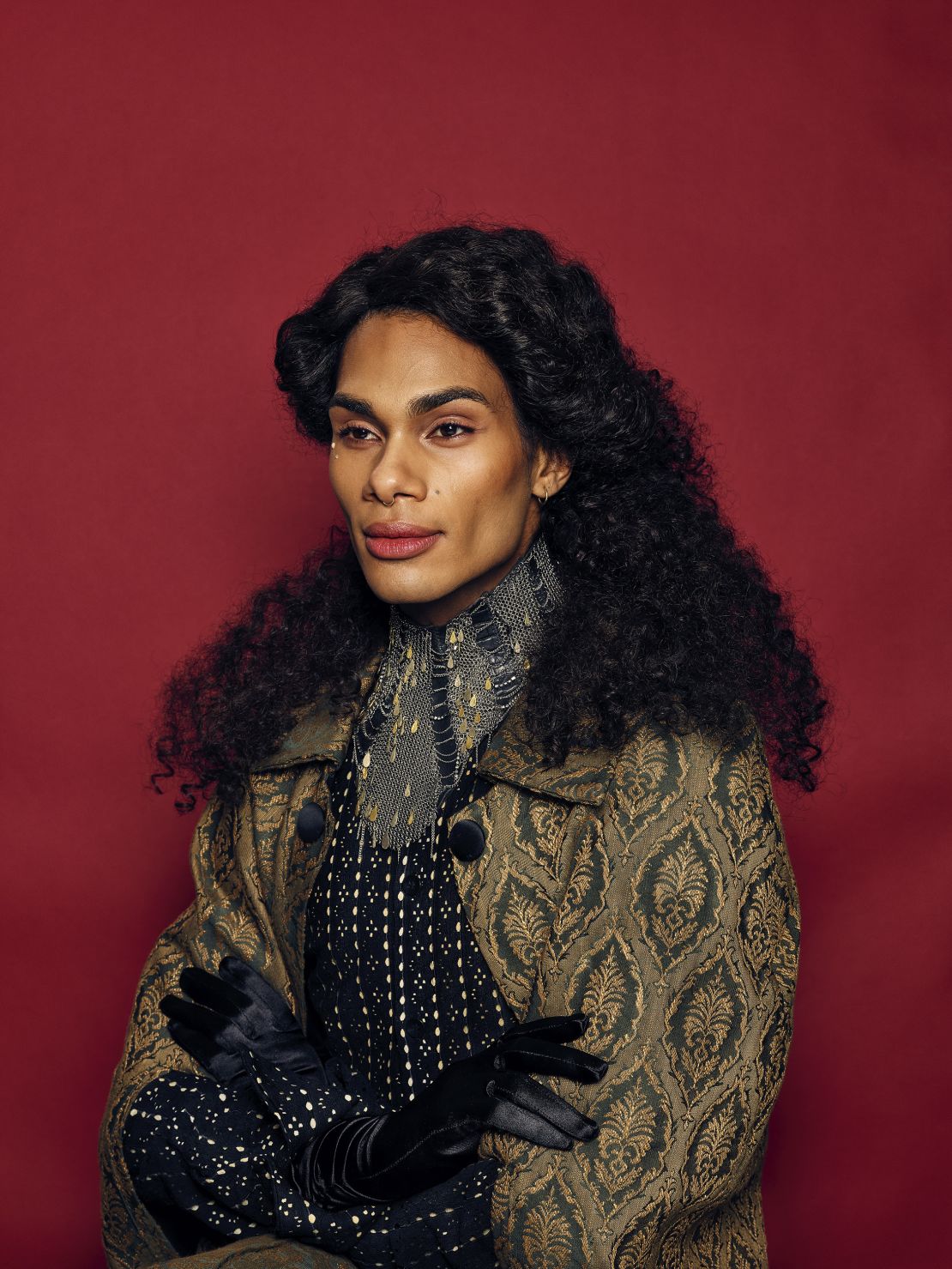
“Not long ago the power of communicating in pictures belonged to a professional viewing class who characterized the experience of everybody else … What’s different today is that the people who used to be the subjects of photographs – often those who are marginalized, who society sees as exotic – have picked up cameras and are picturing themselves and defining themselves.”
For her contribution, Drucker, who rose to prominence with her photo series documenting her and her former partner’s simultaneous transitions (Drucker is a transgender woman; her former partner is a transgender man), shot lionizing, sumptuous portraits of transgender public health worker, activist and author Rosalyne Blumenstein.
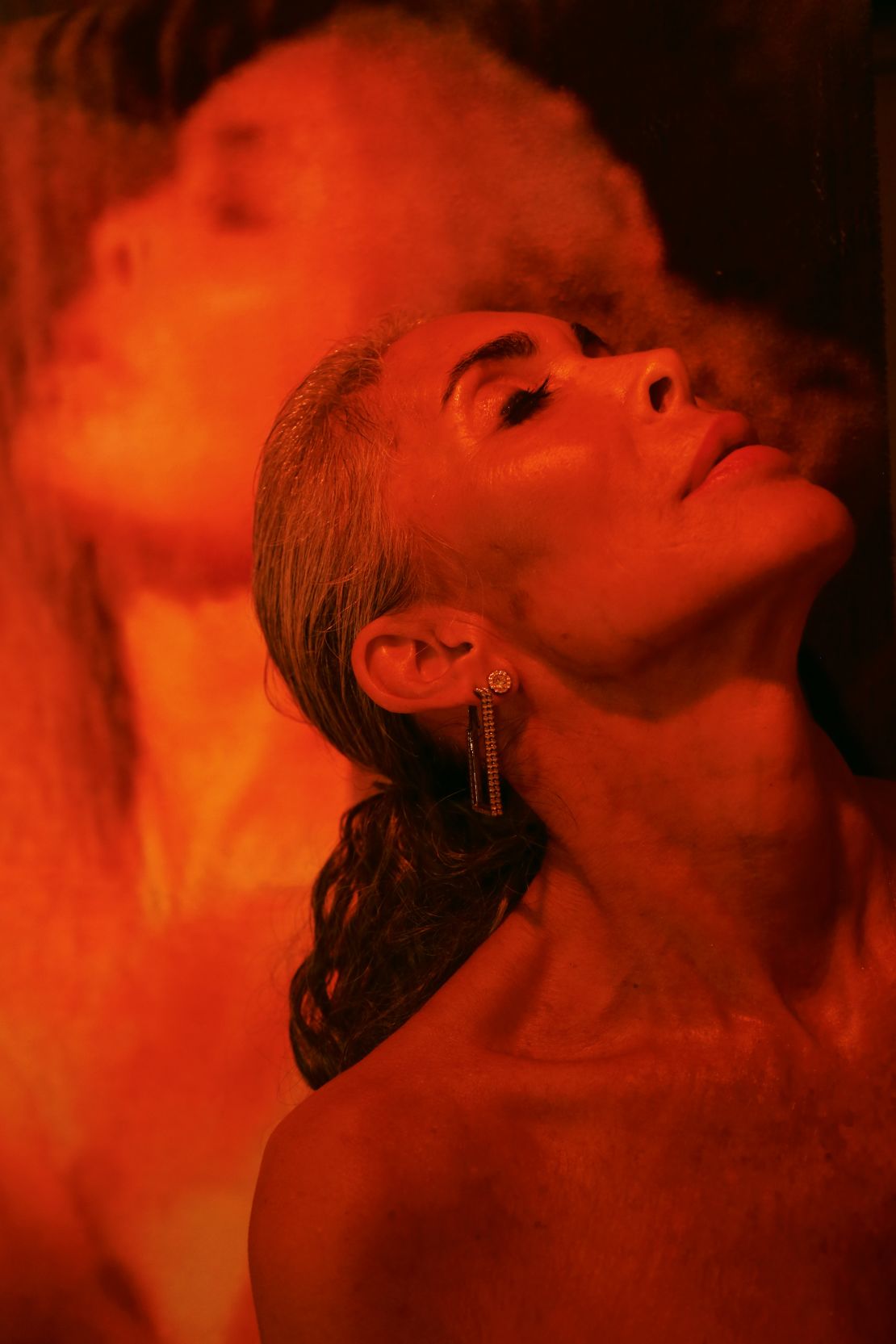
“Photography allows us to construct selves and assert agency over how we are seen,” Drucker said. “We do this knowing that one day we will be gone, and upcoming generations will be affirmed knowing that they are anchored by a legacy of predecessors who subverted the gender binary.”
While not strictly a photography exhibition, much of the work in the “Kiss My Genders” a show at London’s Hayward Gallery displaying 30 international artists exploring gender identity, are photographs spanning the last 50 years. This includes works from Peter Hujar, who shot well-known queer icons, many of whom later died of AIDS-related complications, during the East Village’s artistic heyday in the 1980s. (One haunting photo shows trans actress and Andy Warhol muse Candy Darling on her hospital deathbed, a modern Marlene Dietrich in full hair and makeup.)
Jimmy De Sana’s surreal, body-distorting domestic scenes and Pierre Molinier’s erotic photomontages of gender-fluid faces and limbs are also displayed, as are unflinching studio portraits of queer communities in Los Angeles and San Francisco from pioneering American photographer Catherine Opie.
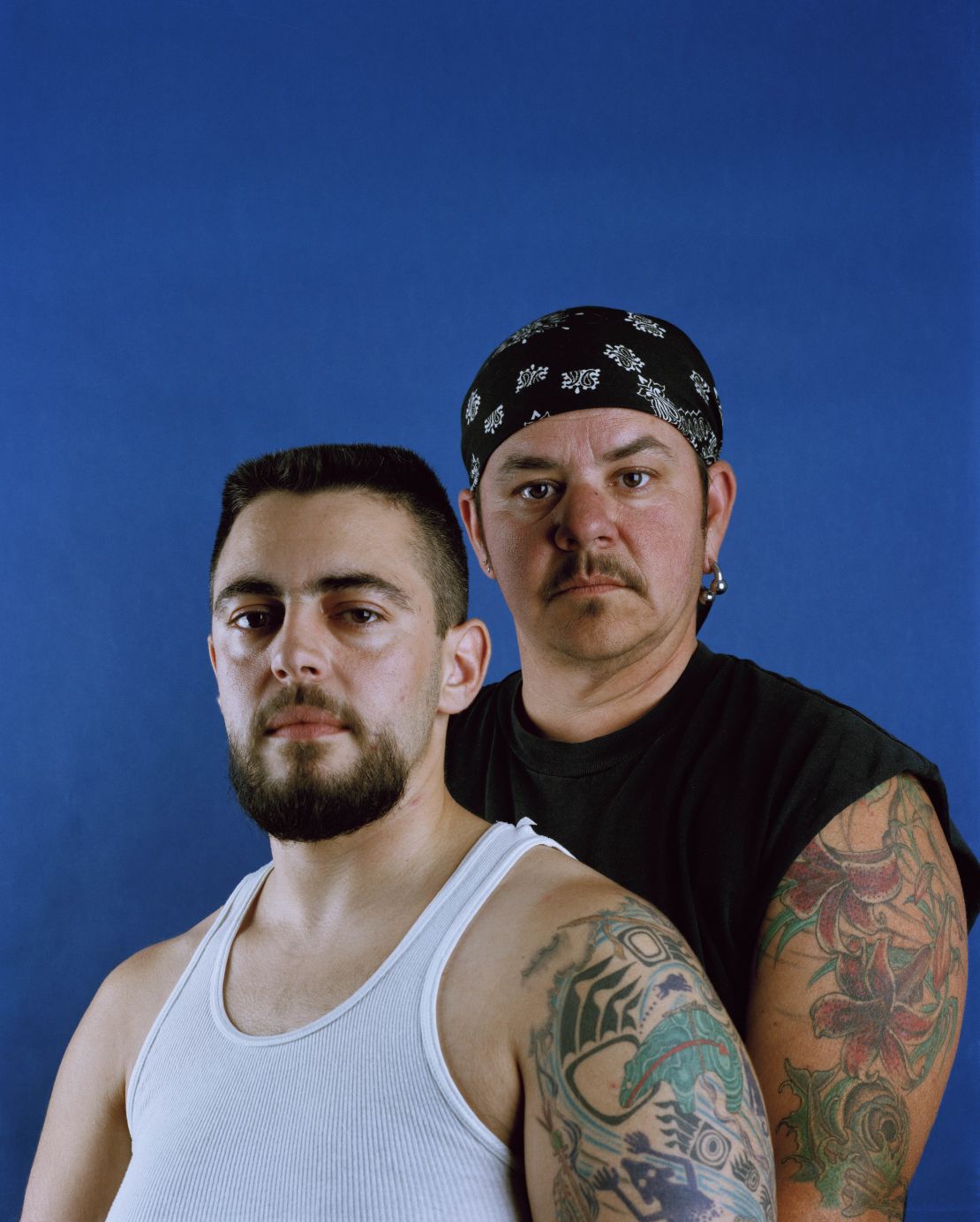
New Delhi-based photographer Tejal Shah brings the fantasies of Mumbai’s hijra (a traditionally revered, yet ostracized group of male-to-female transgender people in India) community into full Technicolor, while, outside, the Hayward Gallery has been plastered with multiples of the Black Panther-inspired campaign poster from Joan Jett Blakk, the black drag queen who ran for president against George Bush in 1992.
“The message (“Kiss my Genders”) is that we can create ourselves. We are not fixed,” said exhibition curator Vincent Honoré at a preview of the exhibition. “We are full of potentialities. We wanted an exhibition that would be a landscape of discoveries, that would be joyful and pleasurable.”
However, Honoré stresses that increased representation in galleries and on the internet does not guarantee the safety and acceptance of LGBTQ people. Pointing to a recent incident where two young women in a same-sex couple were hospitalized after being violently assaulted by a group of young men, he said: “There’s still so much work to do.”
This reality is depicted starkly in the photo series “Crime Scene” by South African photographer Zanele Muholi, which depicts limbs poking out from beneath dirty plastic sheets on the ground, a reminder of the violence that is routinely perpetrated against the LGBTQ community.
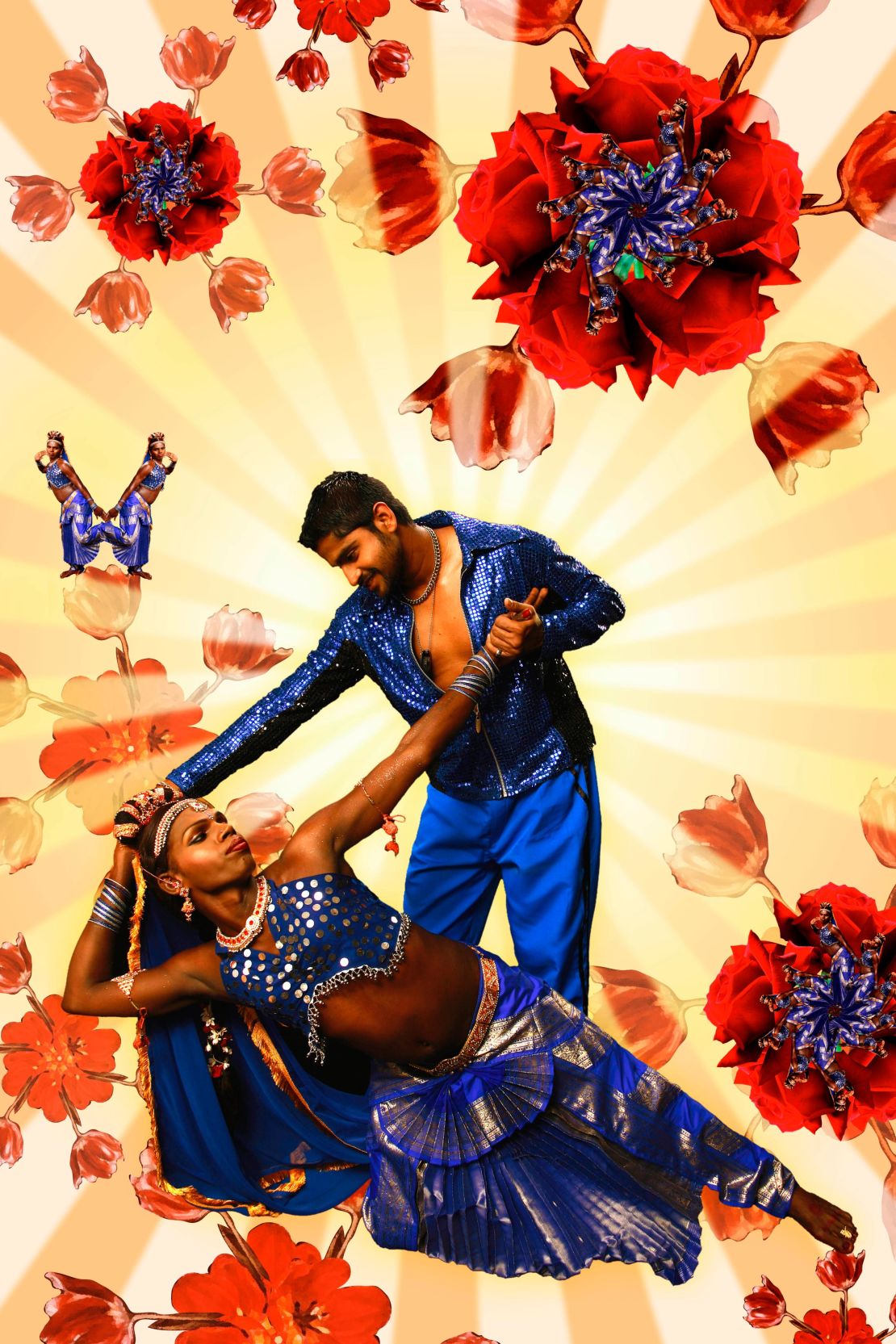
“There is a global backlash against the liberal values of equity, especially around gender,” Drucker said. “The work of feminism continues, and trans people are a 21st-century manifestation of the need for more equity. Our visibility has catalyzed a backlash. In a lot of way, it’s kind of the best of times and the worst of times.”
To Drucker, being able to show her work to a global audience is a privilege that comes with “great responsibility,” which is why she feels it’s her duty to document and share the stories of trans people.
“Two black trans women in Texas were murdered recently, and a third trans woman of color in detention at Riker’s Island was found dead in her cell. There are so many trans and gender diverse people who are not in secure life positions. I take the privilege I have seriously,” she said.
“Orlando” is on at New York’s Aperture Gallery until July 11, 2019.
“Kiss My Genders” is on at London’s Hayward Gallery until Sept. 8, 2019.
Top image: Detail from “Untitled #2 (Orlando Series)” (2019) by Mickalene Thomas for Aperture
